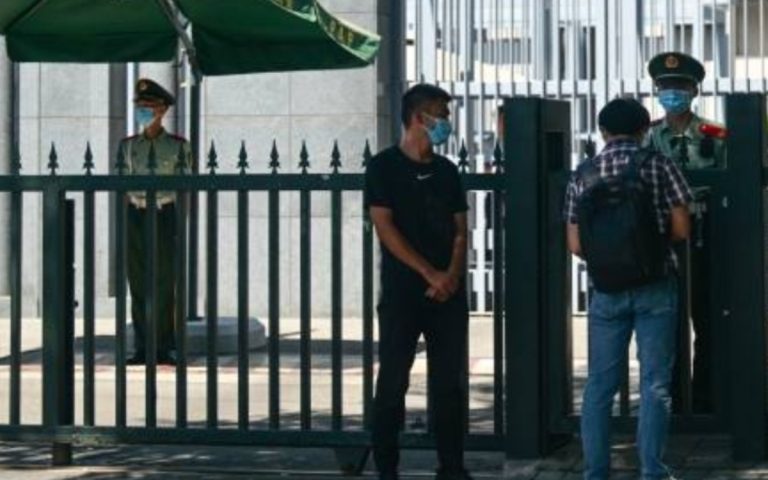
China announces 10 new national archaeological parks showcasing ancient cultural heritage.(Photo by Xinhua/Xu Suhui)
Beijing, China (Epicstorian News) — China has officially designated 10 national archaeological site parks as part of its ongoing cultural preservation strategy, the National Cultural Heritage Administration (NCHA) confirmed on Saturday.
This expansion brings the total number of such parks in the country to 65, distributed across 21 provincial-level regions.
Among the newly designated sites are the Taosi national archaeological site park in Shanxi Province and the Dawenkou national archaeological site park in Shandong.
These sites represent important evidence of China’s prehistoric culture and its transition into early state society.
China’s long-term commitment to archaeological preservation
Since launching the national archaeological site park program in 2010, China has aimed to combine public education, tourism, and historical conservation.
The NCHA noted that the current batch of newly recognized parks contributes significantly to understanding the integrated and pluralistic origins of Chinese civilization.
Other new inclusions in the 10 national archaeological site parks list feature sites of ancient settlements, early farming cultures, and Bronze Age relics.
These parks are expected to boost regional tourism, cultural education, and international academic collaboration.
National archaeological parks: pillars of China’s tourism and identity
Archaeological parks have increasingly become destinations for heritage tourism. With the new additions, local governments are likely to receive increased cultural funding, while institutions such as the National Museum of China are expected to collaborate in promoting awareness and site-based learning initiatives.
According to the NCHA, the parks serve as open-air museums that not only protect ancient ruins but also reflect the evolution of Chinese society and governance. Officials reaffirmed that all developments align with the national strategy for cultural confidence.
Future outlook for archaeological site preservation in China
The Chinese government has stated that future site nominations for national park status will emphasize innovation in public engagement, conservation technology, and digital reconstruction.
Experts from institutions such as Peking University and the Chinese Academy of Social Sciences will assist in assessing site significance and preservation readiness.
